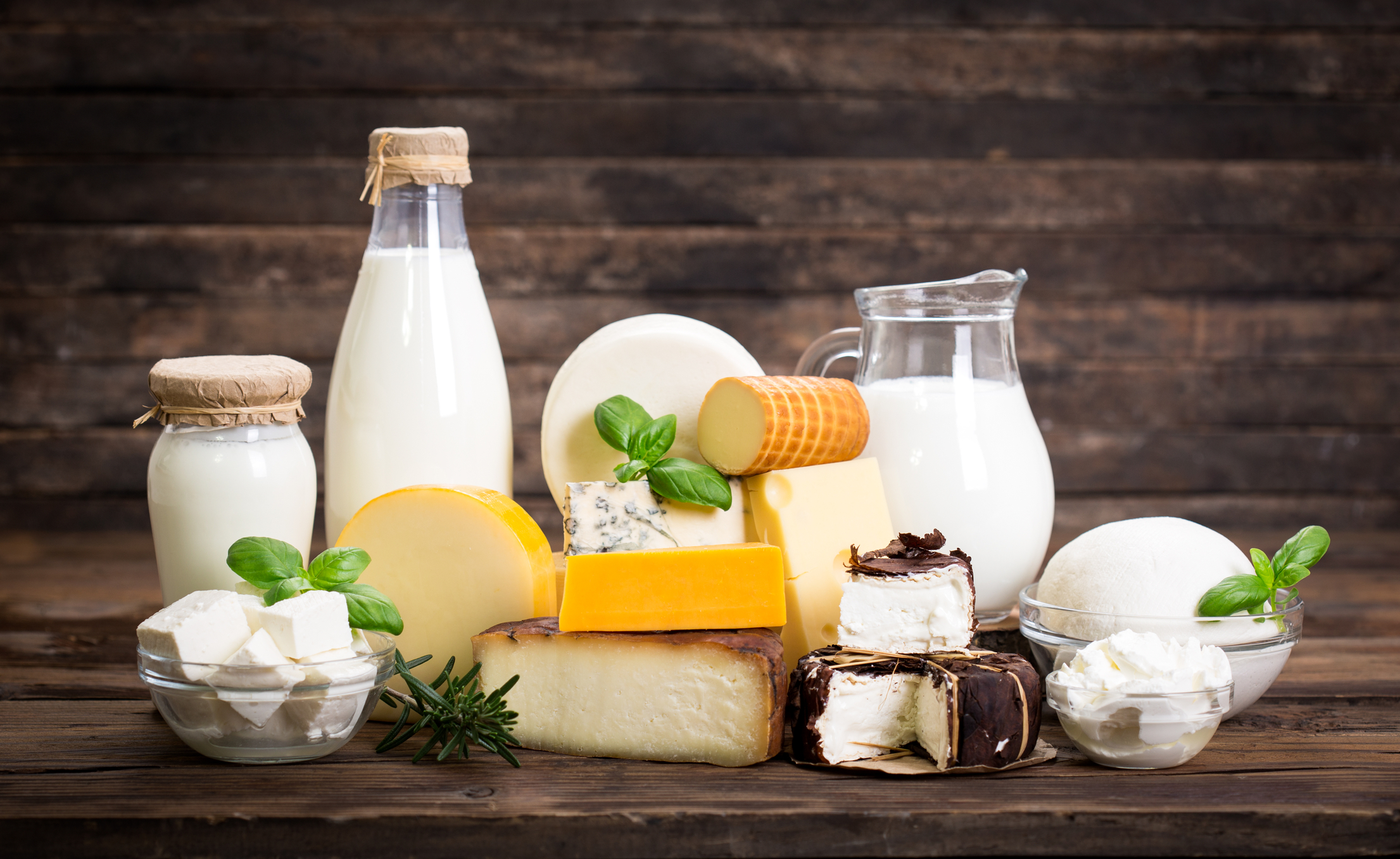Dodge the Bloat: Five Culinary Culprits to Steer Clear of for a Gas-Free Existence
Beans, known as the 'musical fruit', are renowned for their capacity to produce gas. This situation occurs because our bodies find it hard to digest the complex sugars known as oligosaccharides, found in beans. As these sugars make their way into our lower intestine, they're feasted upon by bacteria, resulting in the creation of gas. So, despite their nutritious offerings, including high amounts of fiber, protein, and vitamins, it might be best to reduce their intake or prepare them in ways that minimize the gas-producing effect.
There are methods to avoid the gas concern linked to beans. Soaking dried beans for at least four hours or overnight before cooking can lessen the gas-inducing sugars. The use of ingredients such as epazote and kombu seaweed can also aid in reducing gas. Pressure cooking beans can also help in making oligosaccharides more digestible. A gradual increase of beans in the diet can let your body gradually adjust to the complex sugars without causing much gas trouble.
Dairy: A Deceptive Delicacy

Dairy products, such as milk, cheese, and ice cream, are well-loved foods for many. However, they can contribute to gas if you’re lactose intolerant, which means your body cannot digest lactose - the sugar found in dairy products sufficiently. The undigested lactose passes into the colon where it is fermented by bacteria, leading to gas production.
If you've noticed discomfort or bloating after consuming dairy, you may wish to monitor your symptoms carefully. Consider switching to lactose-free dairy products or taking over-the-counter lactase supplements before eating or drinking dairy. In addition, there are plenty of dairy-free substitutes, from almond milk to coconut-based ice cream, that offer delicious alternatives without the risk of gas.